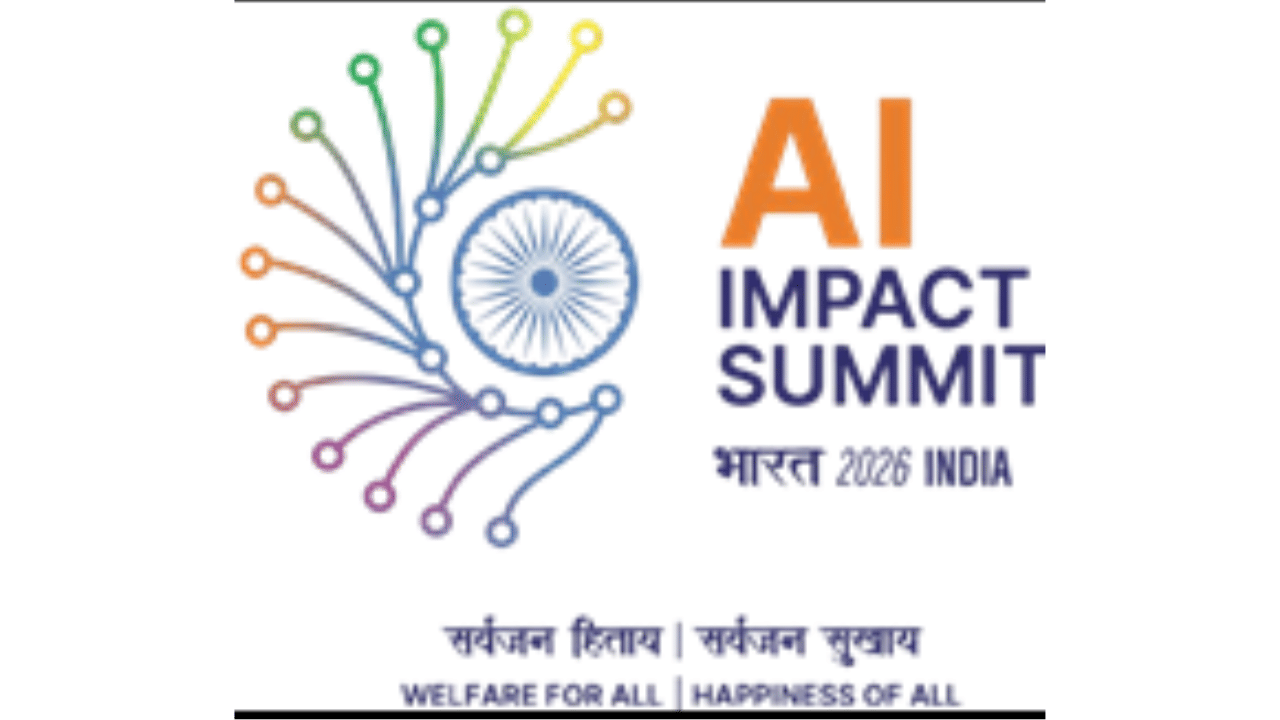Gendered Longevity Pathways
The path to longevity isn't uniform; it's intricately woven with gender-specific experiences and biological factors. For women, the narrative of lifespan
is often more complex, encompassing a broader range of social, economic, and health-related influences. Factors like access to healthcare, the impact of societal roles, and hormonal changes significantly shape their aging process. Men, on the other hand, frequently display a different trajectory, where social structures and relationship dynamics – particularly marriage – can substantially affect their longevity. These distinct paths necessitate a nuanced approach to understanding how both genders can maximize their lifespan and improve their quality of life. The study of longevity, therefore, requires a keen awareness of these differences to offer effective strategies and interventions tailored to individual needs.
Marriage's Influence on Men
The institution of marriage appears to have a remarkable impact on men's longevity. Research suggests that married men often experience extended lifespans compared to their unmarried counterparts. This phenomenon might be attributable to various factors. Married men frequently benefit from greater social support, potentially offering more effective management of health. Furthermore, a stable marital relationship can encourage healthier lifestyle choices, such as improved diet and regular medical check-ups. The companionship and emotional stability provided by marriage can alleviate stress and promote overall well-being. However, the absence of marriage can also lead to negative health outcomes in men. The support network from their partner and better lifestyle choices are often absent, increasing the risks of various health issues. Therefore, the connection between marriage and lifespan in men underscores the importance of social connections and supportive relationships.
Successful Aging Defined
Successful aging goes beyond simply extending lifespan; it centers on maintaining a high quality of life throughout the aging process. This holistic perspective includes multiple facets of well-being, like the capacity to stay active and engaged in the community, retaining cognitive function, and maintaining emotional resilience. Furthermore, it suggests the significance of adaptability and having a positive outlook on life, even when confronted with age-related changes. Successful aging is not solely the absence of disease or disability; instead, it is a combination of physical health, mental sharpness, strong social networks, and a sense of purpose. People who age successfully demonstrate an exceptional ability to adjust to inevitable changes while preserving their independence and joy for living. Thus, successful aging is a dynamic process shaped by genetic predispositions, environmental factors, and personal choices.
Emotional Connection's Power
Emotional connections play an essential role in sustaining a youthful mindset and bolstering longevity. Studies show that people with deep, meaningful relationships experience fewer stressors, a stronger immune system, and better overall health outcomes. The feeling of being loved, supported, and connected with others significantly contributes to psychological resilience, which is critical in navigating life's challenges. These emotional bonds also give a sense of purpose, helping individuals stay active and engaged as they age. Loneliness and isolation, on the other hand, have the opposite effect, increasing the risk of both physical and mental health issues. Nurturing strong emotional connections through family, friends, and community is a powerful strategy for extending lifespan and enhancing the overall quality of life. This emphasizes the importance of prioritizing and investing in the relationships that bring joy, support, and a sense of belonging.






















